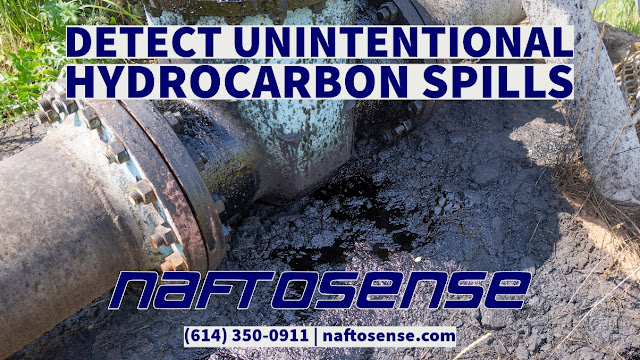The industrial sector plays a pivotal role in the economy of the United States, contributing significantly to the nation's GDP, employment, and technological innovation. However, this sector also comes with its share of environmental responsibilities. Unintentional leaks of hydrocarbon-based oils and solvents into the environment present a severe challenge with wide-ranging ramifications. Industrial companies face not only legal consequences but also social and financial repercussions that can impact their operations and reputation.
Legal Ramifications
Fines and Penalties: Federal and state environmental agencies, such as the Environmental Protection Agency (EPA), enforce laws and regulations like the Clean Water Act and the Oil Pollution Act. Companies responsible for oil or chemical spills face significant fines and penalties, which can substantially impact their financial health.
Litigation: Affected parties, including government entities, private organizations, or individuals, may file lawsuits against the responsible company for damages caused by the spill, including damages for harm to natural resources, property damage, and personal injuries. Legal proceedings can be lengthy and costly, with no guarantee of a favorable outcome for the company.
Criminal Charges: In cases with evidence of negligence or intentional misconduct, criminal charges may be brought against the company or its officers. Convictions can result in fines, imprisonment, and a damaged reputation.
Cleanup Costs: Companies responsible for a spill usually must cover the cost of cleanup efforts. These costs can be significant and may involve removing the spilled material and restoring the affected area to its original condition.
Social Ramifications
Reputation Damage: Public perception of a company can suffer significant harm after an environmental incident. This loss of trust and loyalty can result in decreased sales and may impact the company's ability to attract and retain employees.
Community Relations: Local communities may experience adverse impacts such as drinking water contamination, wildlife harm, and decreased property values. Strained relations between the company and the community may make it more difficult for the company to operate in the area in the future.
Financial Ramifications
Share Value: Negative publicity and potential financial liabilities associated with a spill can decrease the company's share value, impacting the company and its shareholders.
Insurance Costs: Insurance premiums for the company may increase following an incident, and in some cases, it may not be easy to obtain insurance coverage.
Investment: Investors may choose to divest from the company or demand changes in company leadership or operations, leading to a decrease in available capital for the company, impacting its ability to invest in new projects or expand existing operations.
Regulatory Ramifications
Increased Scrutiny: Regulatory agencies may subject the company to increased scrutiny following a spill, which may result in more stringent regulations and oversight in the future.
Permitting: Obtaining permits for new projects or expansions of existing operations may become more difficult for the company.
Unintentional leaks of hydrocarbon-based oils and solvents into the environment can have far-reaching legal, social, and financial ramifications for industrial companies in the United States. These incidents can result in significant financial liabilities, company reputation damage, and strained relations with communities and regulatory agencies. Companies must implement robust safety measures and environmental management systems to prevent such incidents and to respond quickly and effectively in the event of a spill. Ultimately, a proactive approach to environmental stewardship is not only a legal obligation but also a social and financial imperative for the long-term success of any industrial firm.
Naftosense
(614) 350-0911
